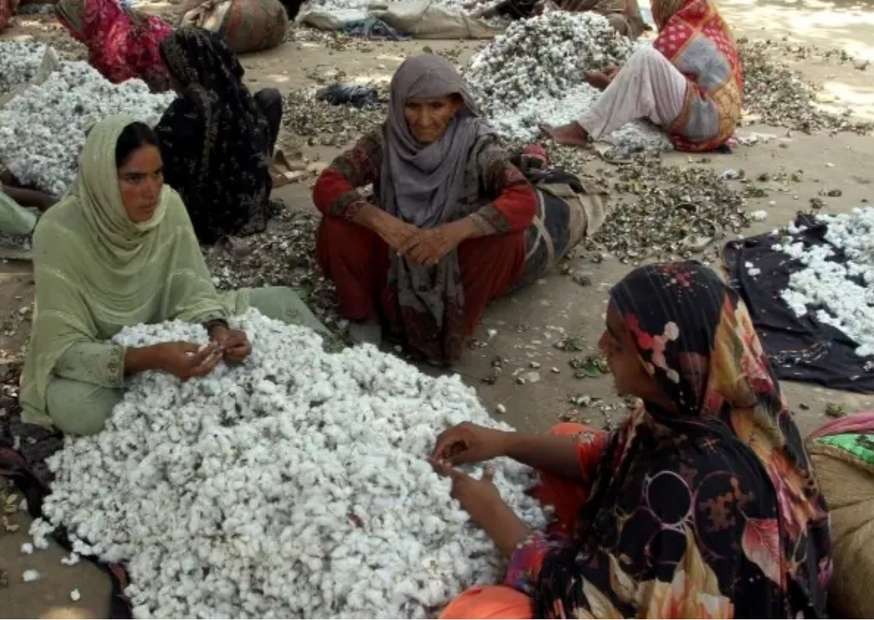TANDO ADAM, PAKISTAN: The discovery of a massive cotton adulteration scam in Sindh’s ginning sector has sent shockwaves through Pakistan’s textile industry. A ginning factory in Tando Adam has been accused of mixing waste material into premium-quality cotton lint — a fraudulent practice now being dubbed as “burger cotton” for its deceptive layering of low-grade fibre within high-grade bales.
The scandal came to light after a four-member inspection team from the Pakistan Cotton Ginners Association (PCGA) conducted a surprise visit to the facility. What they found was alarming: three ginning units operating within one compound, where workers were reportedly sandwiching cheap waste material between outer layers of clean cotton to fool testing labs.
The inspection team faced fierce resistance upon entry. The factory owner allegedly mobilized nearly 100 armed men who attacked and detained the PCGA officials for hours. Investigators later documented heaps of cotton waste being openly mixed with lint during the raid — evidence that pointed to a systematic operation aimed at deceiving buyers and damaging Pakistan’s cotton reputation.
The fallout has been swift. Textile mill owners have expressed outrage, warning that such practices could cripple Pakistan’s cotton credibility in global markets. Many mills are now reluctant to purchase domestic lint, turning instead to imported cotton — an expensive alternative that further strains the country’s foreign exchange reserves.
In an emergency meeting following the incident, the PCGA and Sindh-based ginners vowed to register an FIR against the factory after the Diwali holidays. The association also plans to notify the All Pakistan Textile Mills Association (APTMA) and major textile firms to blacklist the implicated ginneries. Industry leaders are calling for a nationwide crackdown on all factories involved in adulteration and for stricter penalties to deter future malpractice.
Experts say the scandal reflects a deeper crisis within the country’s cotton supply chain — from farm to fibre — where weak regulation and corruption have long eroded standards. They urge urgent reforms, including independent quality audits, traceability systems, and accountability for mill agents and lab inspectors complicit in such schemes.
As Pakistan’s textile exports face mounting competition and credibility challenges abroad, the “burger cotton” case has become a grim reminder of the urgent need for transparency and integrity in one of the nation’s most vital industries.
This story has been reported by PakTribune. All rights reserved.



